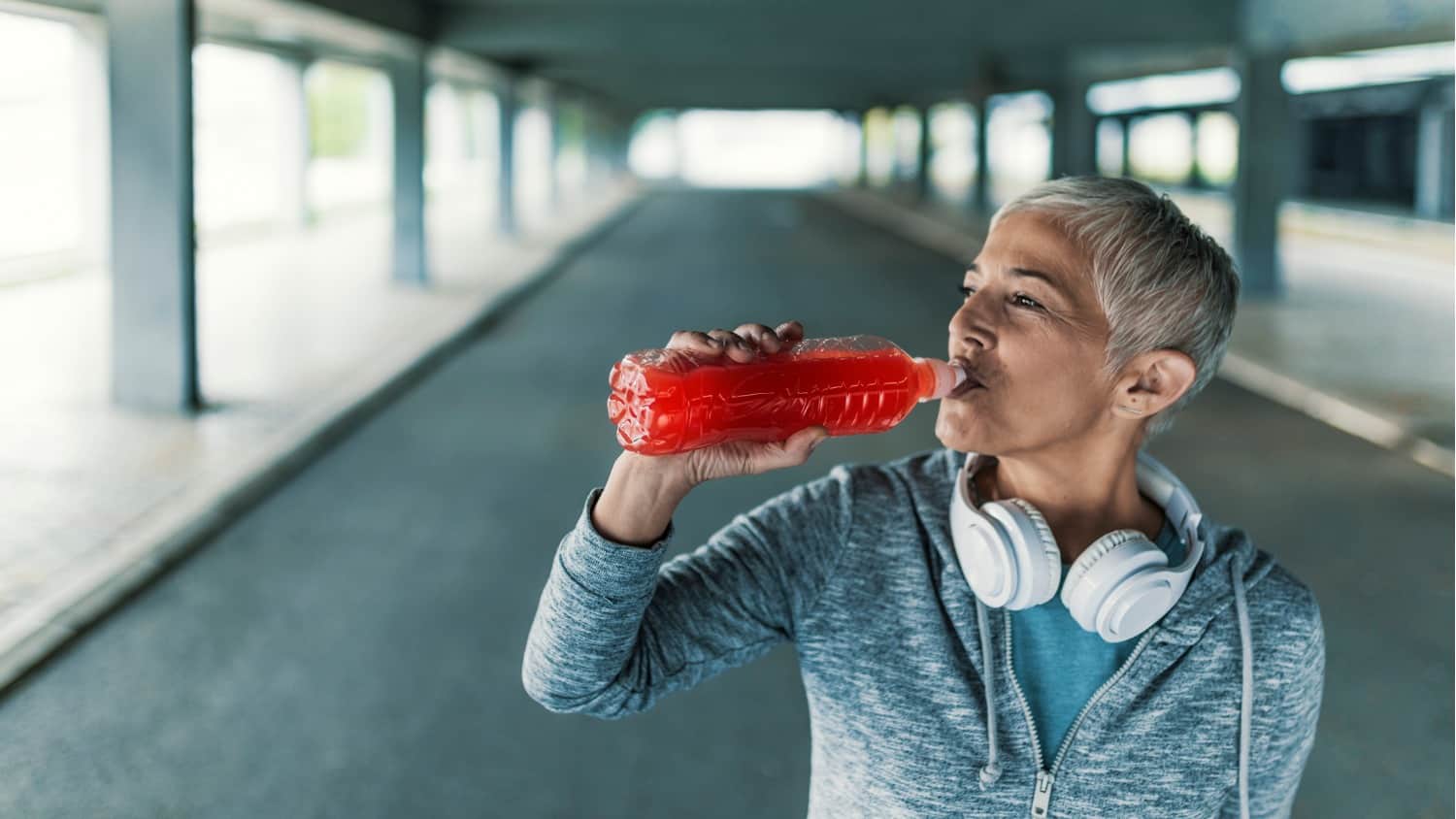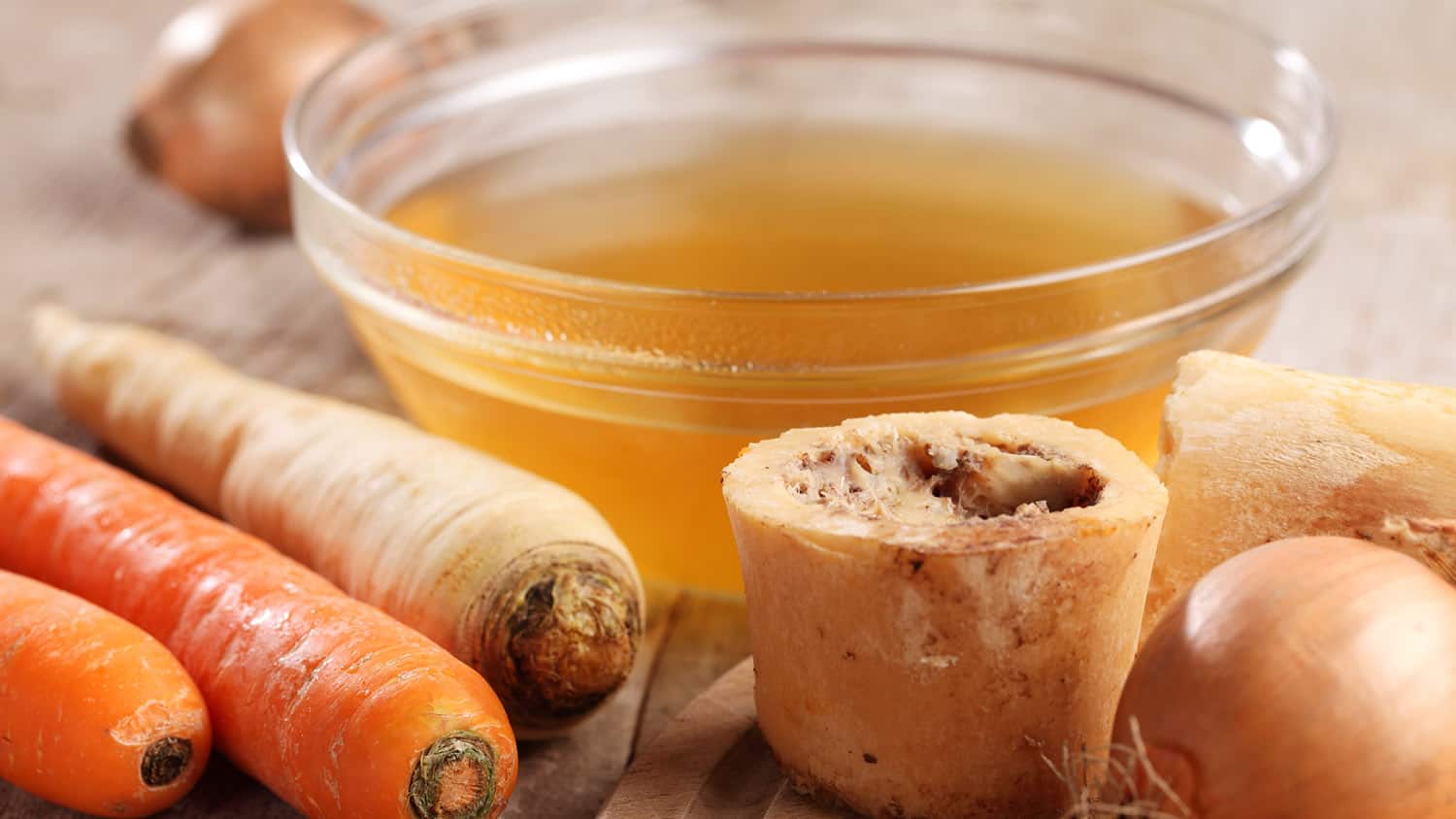
Energy and Nutrition Drinks Are Convenient, But Are They Good for You?
Sometimes, it seems that convenience has become the “order of the day” when it comes to food and meal preparation. Don’t have time to prepare dinner? Just put a frozen, pre-made meal in the microwave, and five minutes later your meal is ready.
Don’t have the patience to make yourself some oatmeal in the morning? Not to worry, instant oatmeal – in a variety of flavors – can be ready in less time than it takes to open the envelope.
Can’t wait for your morning coffee of tea to brew? No sweat, your favorites come in a variety of “just add hot water” versions.
If so many people – including boomers – are buying these products, then they must be OK, right? The answer, as with so many things that have to do with our health, will depend on several factors.
These include why we use these drinks, when we use them, how frequently we use them, how they affect our individual bodies, and which ones we are purchasing.
Nutrition Drinks
Since, as boomers, we are more likely to consider using, or are already using, nutrition drinks, let’s look at them first. These come in a variety of flavors and presentations (cans, bottles, powders) and at different price points.
The Power of Advertising
What almost all commercial brands that we see in stores have in common is the promise of making us healthier, giving us more energy, and enhancing our quality of life.
Advertising generally includes images of attractive, smiling, well-dressed boomers riding bicycles, playing with their grandchildren, or walking on the beach with someone we assume is their spouse. The not-so-subtle message is that this idyllic life can be ours if we just purchase and use their products.
This message clearly works, since three of the most well-known brands of nutrition drinks targeted at boomers sell a combined $675 million a year.
The reality, however, is that most of us can readily get the vitamins, minerals, proteins, fats, and carbohydrates we need to stay healthy from eating a plant-based diet rich in fruits and vegetables.
Diet May Not Be Enough
The key word here, however, is most. This is because for many of us, our bodies cannot and do not get all the nutrients they need, and in the right amounts, from diet alone.
For boomers, the most common reason for this is that as we age, our bodies just are not as good as they used to be in absorbing nutrients from the food we eat.
Other reasons include medications, gastrointestinal disorders, change in appetite, existing medical conditions, and even genetics (as I mentioned in an earlier blog, because of my genetic makeup, my body has trouble absorbing vitamin C).
So, for us, using these drinks as a way to supplement our otherwise healthy diets to ensure our bodies get what they need makes total sense. Remember that these drinks, as well as other supplements, are supposed to be taken to compensate for any nutrients found in food we may be lacking.
They are intended to be an add-on or extra, hence the name “supplement,” to our diet. They are never intended to replace food except under medical advice.
Nutritional Test
I would also recommend only adding nutrition drinks to your diet after having had a nutritional test and reviewed the results with your doctor or another competent healthcare professional. If they are indicated, then be sure to carefully read the labels to make sure you are getting the best possible product to meet your needs.
This is especially true if you have diabetes or other chronic health issues since some ingredients, such as sugar, could undermine rather than help your efforts to stay healthier.
One potentially healthier, and more cost-effective, option to store-bought nutrition drinks are home-made smoothies. You can work with your healthcare practitioner or a dietician to develop recipes based on fresh fruits and vegetables.
You can then add whatever nutritional supplements are appropriate for your situation. In addition to helping give your body the nutrients it needs, I also find them very refreshing.
Energy Drinks
As with many things that may seem to be too good to be true, the same holds for energy shots and drinks. The reality for boomers is that there is far more downside in using them than there is probable upside given their typical ingredients. These include:
Caffeine
Some popular energy drinks contain upward of 200 mg. This is like downing two cups of coffee all at once. To give you some reference, Mayo Clinic states that 400 mg of caffeine is generally a safe daily limit for most adults (about four cups of java).
Guarana
Guarana is a South American plant whose seeds may contain up to four times the amount of caffeine as coffee beans.
Sugars, Fructose, High Fructose Corn Syrup
The sugar in these beverages give “quick energy” because they can be quickly metabolized. And then you usually crash.
Ginkgo Biloba
Some energy drinks contain ginkgo biloba, an herb that may be beneficial for memory and blood circulation. It may be dangerous when combined with antidepressants, blood thinners, ibuprofen, and some other medications.
Since these energy drinks are not regulated (and since manufacturers carefully guard their formulas), you may not know how much caffeine or other stimulants you are getting. Caffeine can cause jitteriness and nervousness, irritability, increased heart rate and increased blood pressure, sleep disturbances, and fatigue once the effects wear off. In the worst case, it can also cause seizures or cardiac arrest.
If you are having problems staying alert during the day or have chronic low energy, your best bet is to talk with a doctor or other competent healthcare professional to determine the underlying causes. Once they are known, you can take steps to address them. This is far healthier than self-medicating with energy shots and drinks.
Do you use nutrition or energy drinks on a regular basis? If so, what prompted you to do so? Did you speak with your doctor first? Did you try alternatives before purchasing them? What has been your experience – both good and bad – with them? Please join the conversation.
Tags Healthy Eating






